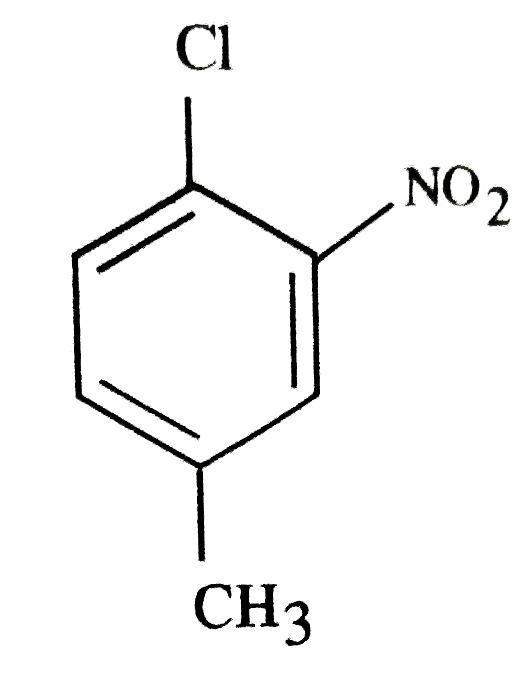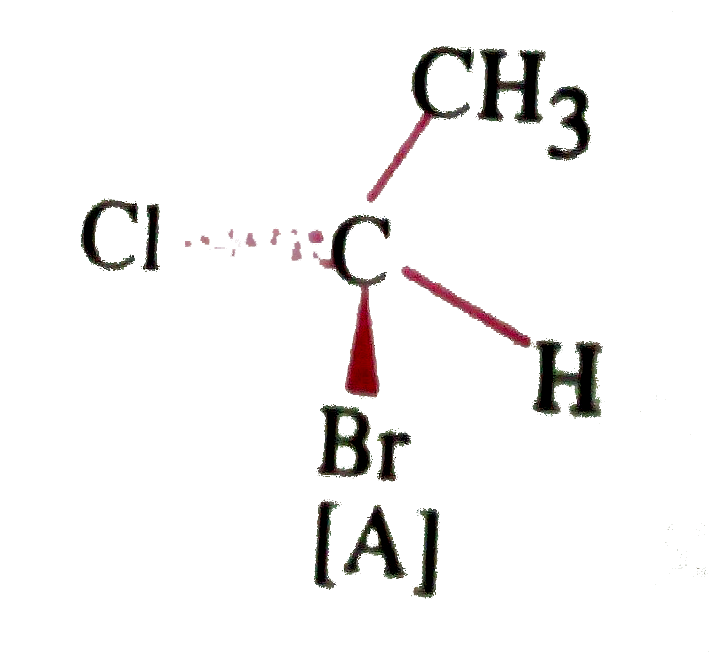Complete Solutions to NCERT Exemplar Problems of chapter ORGANIC CHEMISTRY - SOME BASIC PRINCIPLES & TECHNIOUES of Class 11 book with complete answers and questions
| Class 11 | CHEMISTRY |
| Chapter | ORGANIC CHEMISTRY - SOME BASIC PRINCIPLES & TECHNIOUES |
| DINESH COMPANION CHEMISTRY | NCERT Exemplar Problems |
| Number Of Questions | 22 |
| Academic Year | 2023-24 |
Which of the following is the correct IUPAC name ?
View SolutionThe IUPAC name for
`CH_(3)-overset(O)overset(||)(C)-CH_(2)-CH_(2)-overset(O)overset(||)(C)-OH` is :
View SolutionThe IUPAC name for
 is
is
View SolutionElectronegativity of carbon atoms depends upon their state of hybrisation. In which of the following compounds, the carbon marked with asterisk is most electronagative ?
View SolutionIn which of the following functional groups, isomerism is not possible ?
View SolutionThe fragrance of flowers is due to the presence of some steam volatile organic compounds called essential oils. These are generally insoluble in water at room temperature but are miscible with water vapours in vapour phase. A suitable method for the extraction of these oils from the flowers is :
View SolutionDuring hearing of a court case, the judge suspected that some changes in the documents had been carried out. He asked the forensic department to check the ink used at two different places. According to you which technique can give the best results ?
View SolutionThe principle involved in paper chromatography is
View SolutionWhat si the correct order of decreasing stability of the following carbocations.
`underset(I.)(CH_(3)-overset(o+)(C)H-CH_(3))" "underset(II.)(CH_(3)-overset(o+)(C)H-OCH_(3))`
`underset(III.)(CH_(3)-overset(o+)(C)H-CH_(2)-OCH_(3))`
View SolutionCorrect IUPAC name for
`{:(H_(3)C-CH-" "CH-CH_(3)),(" |"" |"),(" "C_(2)H_(5)" "C_(2)H_(5)):}` is
View SolutionIn which of the following compounds the carbon marked with asterisk is expected to have greatest positive charge ?
View SolutionIonic species are stabilised by the dispersal of charge which of the following carboxylate ions is the most stable ?
View SolutionElectrophillic addition reaction proceed in two steps. The first step involves the addition of an electrophile. Name the type of intermediate formed in the first step of the following addition reaction.
`H_(2)C-HC=CH_(2)+H^(+) rarr` ?
View SolutionCovalent bond undergo fission in two different ways. The correct representation involving a heterolytic fission of `CH_(3)-Br` is
View SolutionThe addition of `HCl` to an alkene proceeds in two steps. The first step is the attack of `H^(+)` ion `C = C` portion which can be shown as
View SolutionWhich of the following compounds contain all the carbon atoms in the same hybrisation state ?
View SolutionIn which of the following representations given below spatial arrangement of group/atom is different from that given in structure 'A' ?

View SolutionElectrophilies are electron seeking species. Which of the following groups contain only electrophiles ?
View SolutionWhich of the following pairs are positive isomers ?
View SolutionWhich of the following pairs are not functional group isomers ?
View SolutionNucleophile is a species that should have
View SolutionHyperconjugation involves delocalization of
View Solution
NCERT Exemplar Problems questions and complete solutions for chapter ORGANIC CHEMISTRY - SOME BASIC PRINCIPLES & TECHNIOUES of S DINESH & CO CHEMISTRY (HINGLISH) of Class 11
All Exercises from DINESH COMPANION CHEMISTRY Class 11 CHEMISTRY ORGANIC CHEMISTRY - SOME BASIC PRINCIPLES & TECHNIOUES
- Assertion-Reason
- ASSIGNMENT
- CONCEPT BASED QUESTION
- Detection & Estimation of Organic Compounds
- Example
- Matching Type
- MCQB
- MCQS
- N.C.E.R.T.
- NCERT Exemplar Problems
- Problems For Practice
- PURIFICATION & CHARACTERISATION OF ORGANIC COMPOUNDS
- Purification of Organic Compounds
- SHORT ANSWER TYPE QUESTION
- Some Basic Principles in Organic Chemistry
- VALUE BASED QUESTION